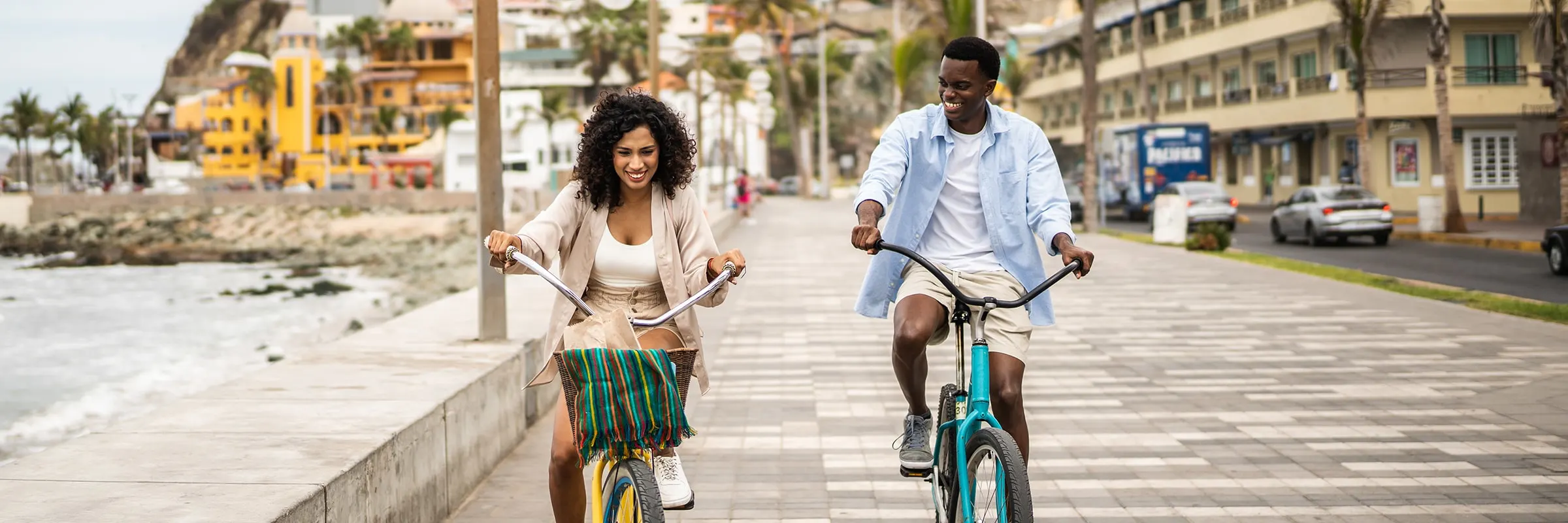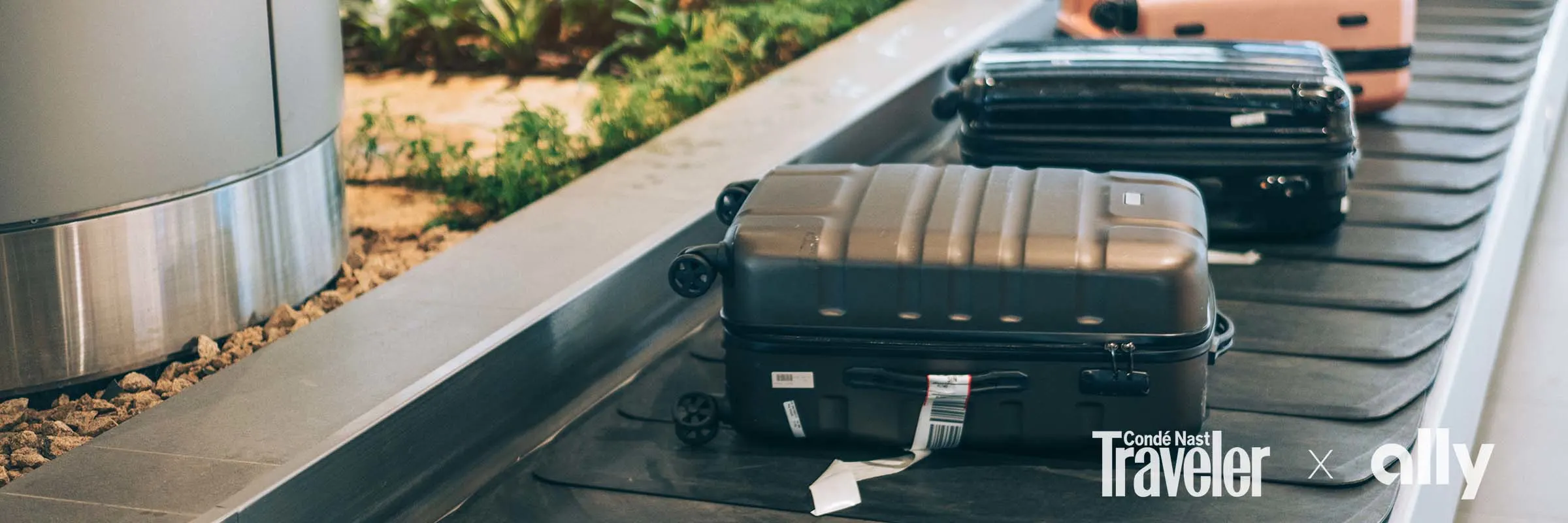When you’re hanging out poolside, sightseeing or otherwise enjoying your vacation, the last thing on your mind is an emergency ruining your good time. But while you’re out of town enjoying the local fare, life happens. And sometimes a situation that requires your immediate attention may present itself.
With proper planning and foresight, you can handle emergencies while away — without losing your vacation vibe.
Read more: Learn how to boost your travel budget before you take off
Your luggage is MIA
If you find yourself at baggage claim and get the sinking feeling that your bags didn’t make it to your destination, there are steps you can take to track down your luggage.
You can still protect yourself by packing certain essentials in your carry-on bag, like medications, a change of clothes and toiletries.
Let your airline know right away that your luggage didn’t arrive. You will likely need to fill out a report. Include as much detail in your description as you can, such as any identifying tags or unique marks on it, and your local address. Request your luggage to be brought to you in the event it’s found or arrives. Most airlines provide some type of compensation, such as an amenity kit or reimbursement. If you need to go shopping for replacement items, keep receipts because you may be able to submit them for reimbursement later.
Not checking bags will eliminate this potential issue. But sometimes that’s simply not possible. If you absolutely have to check luggage, you can still protect yourself by packing certain essentials in your carry-on bag, like medications, a change of clothes and toiletries. Even if your other bags don’t show up, at least you’ll have the basics.
You lose your wallet
You reach for your wallet to pay for the bill at a restaurant only to realize it’s not there. Before panic sets in, takes a deep breath. Contact your bank and credit card companies immediately so they can freeze your accounts and prevent any fraudulent charges – many credit card providers now have this capability within their mobile app. If you spot fraud, be proactive and take steps to protect your identity.
It’s a good idea to keep some cash somewhere else, like the safe at your hotel. But if you didn’t, you may be able to get a cash advance from your bank. You could also ask a friend or family member back home to wire you money. If there’s a chance your wallet was stolen, you should file a police report, which will be useful if you detect someone attempting to steal your identity or for any insurance claims you might make.
You lose your passport
A missing passport poses its own risks and logistical problems. File a police report, especially if you believe your passport was stolen. You should also contact the nearest U.S. embassy or American consulate via phone or online. Your passport will be entered into a database and marked as invalid for travel. The local embassy or consulate will then guide you through the process of getting an emergency passport so you can return to the United States. Once you get home, you will need to obtain a new passport.
You get sick or injured
Nothing puts a damper on vacation quite like a medical situation. From minor inconveniences like getting seasick to a major problem like a broken leg, not being at your best while away from home can be super stressful. Ideally, you should check with your insurance company before you travel to see if they will cover medical care you may need while you’re away. Treatment may also be covered by travel insurance, and an emergency fund can help you pay for costs that aren’t covered by an insurance plan.
If you’re not sure where to seek medical care, ask your hotel’s concierge for guidance. They can also help you find a local pharmacy to fill prescriptions or obtain over-the-counter medications.
Your dependents back home need help
If you’re traveling without your kids or pets, you’ve likely entrusted them to someone else’s care while you’re away. The best way to safeguard against disaster is to have emergency plans in place with a caregiver. For example, make sure your babysitter or pet sitter has contact information for your child’s pediatrician or your pet’s veterinarian, as well as clear directions for any medications they take.
You should also sign a medical consent form to authorize adults caring for your children to make decisions about their healthcare in an emergency. Be sure to leave multiple ways to contact you as well as complete information about where you’re staying so you can be reached if needed.
Expect the unexpected
Preparation is key to a low-stress vacation. But despite our best-laid plans, unfortunate circumstances can threaten your trip. When snafus pop up, don’t panic. For every problem, there is a solution. Tackle hiccups head-on, and you’ll be back to enjoying your getaway in no time.



